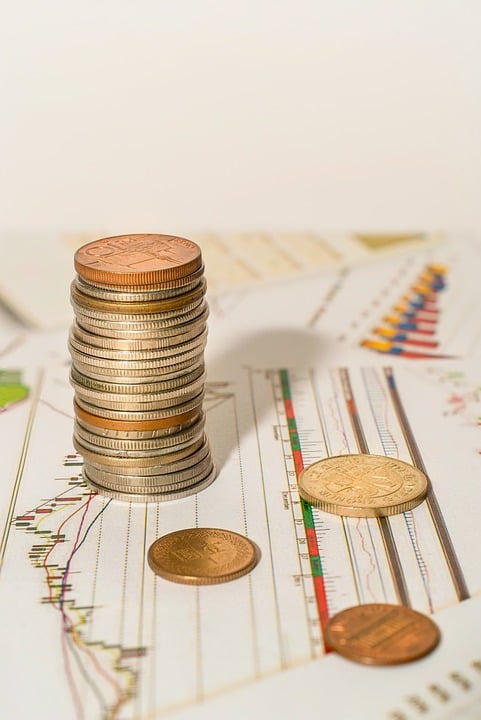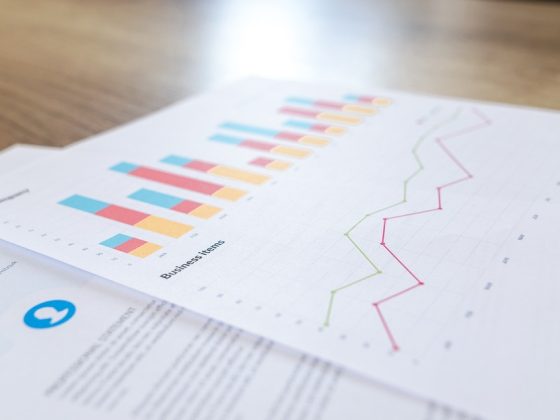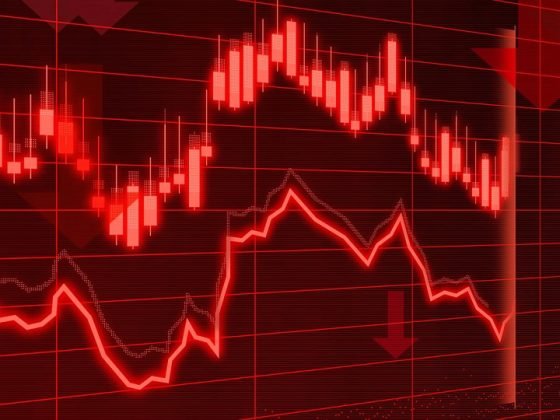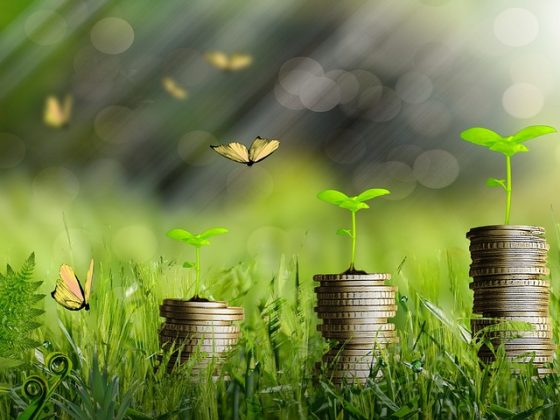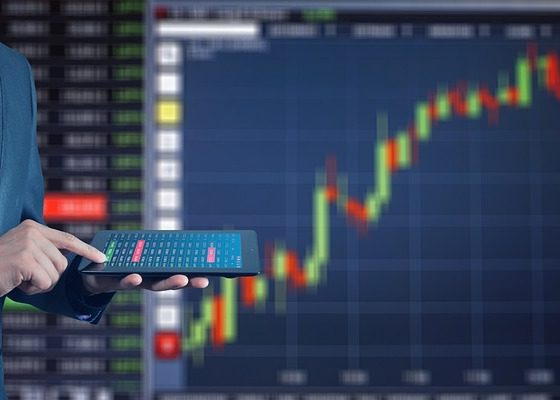One key aspect of the economic impact of COVID-19 is the massive job losses that have occurred as a result of widespread shutdowns and social distancing measures. Millions of workers have been laid off or furloughed, leading to a sharp increase in unemployment rates. This not only has a direct impact on the individuals who lose their jobs, but also on the overall economy as consumer spending and confidence decline.
Furthermore, small businesses have been hit particularly hard by the pandemic. Many have been forced to close their doors permanently due to financial strain, while others struggle to stay afloat with reduced foot traffic and revenue. This has led to a domino effect on the supply chain, with many larger companies experiencing disruptions in their operations as a result.
In addition to the immediate impact on jobs and businesses, the pandemic has also had long-term effects on the economy. The stock market has experienced extreme volatility, with major indexes experiencing significant declines in the early months of the pandemic. While some sectors, such as technology and healthcare, have seen gains, others, such as travel and hospitality, have suffered significant losses.
Governments around the world have implemented stimulus packages and relief measures in an effort to mitigate the economic impact of COVID-19. These measures include direct payments to individuals, loans for small businesses, and financial support for industries that have been particularly hard hit. However, the long-term sustainability of these efforts remains uncertain, as governments grapple with mounting debt and the need to balance economic recovery with public health concerns.
So, what does all of this mean for you? As a consumer, you may experience higher prices and limited availability of certain goods and services as a result of supply chain disruptions. As an employee, you may face job insecurity and decreased opportunities for advancement. And as an investor, you may need to carefully consider the risks and rewards of certain industries and companies in the wake of the pandemic.
In conclusion, the economic impact of COVID-19 is far-reaching and complex, with no simple solutions or easy answers. It is important to stay informed and be prepared for the challenges that lie ahead as we navigate the uncertain landscape of a post-pandemic world. By understanding the economic ramifications of the pandemic, you can better position yourself to weather the storm and emerge stronger on the other side.

